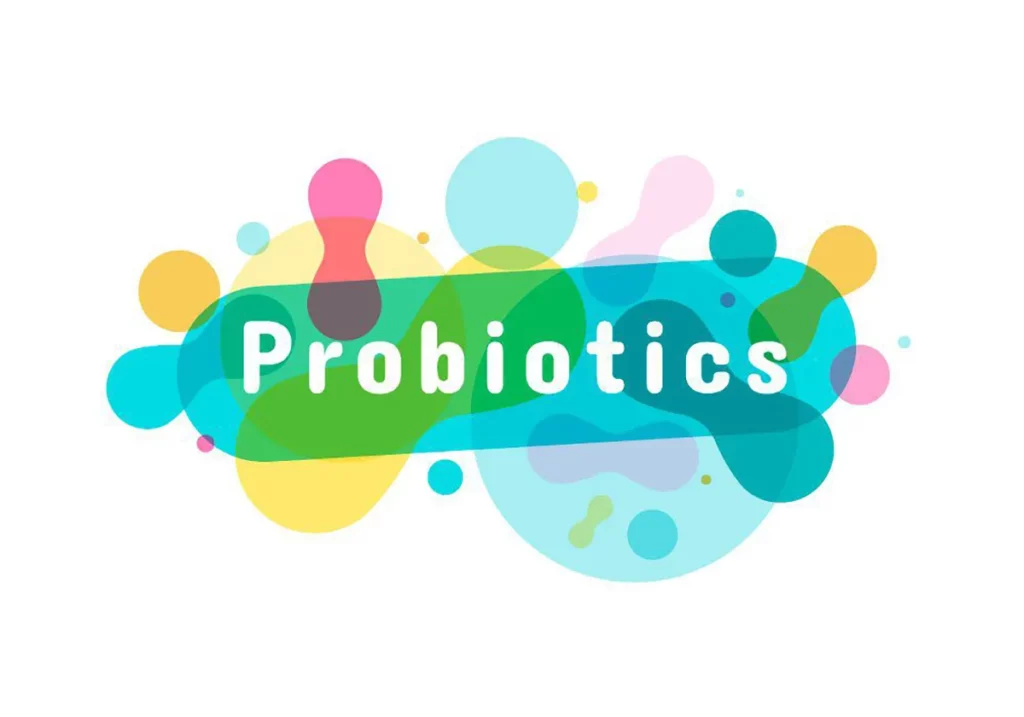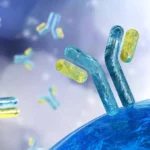It is widely known that the gastrointestinal tract is important to human health. It does a number of jobs – from transporting food from the mouth to the stomach, converting it to absorbable nutrients and stored energy, to ejecting the waste out of the body. That is a tall order of functions that your gut does every day. Without proper nourishment, there is no life. However, in recent findings scientists have found that GI is not limited to the initial scope of work that we knew, but has a bigger, more complex job than what was anticipated. It has been connected with a number of aspects of health which seemingly has nothing to do with digestion; from chronic illnesses, emotional stress, immunity, Type 2 diabetes and even cancer. According to Dr. Tara Menon, a gastroenterologist at the Ohio State University Wexner Medical Center, “We now know that the GI tract is full of trillions of bacteria that not only help us process food but that also help our bodies maintain homeostasis and overall well-being,”. Experts concede that the answer may lie in the microbiome – the entire system of bacteria and other microorganisms that stay in the stomach and intestine, or more informally known as gut. While research on microbiome is still in its early stage, some studies have already discovered the connection between certain environments, behaviours and food with gut health.
The importance of gut health
While everyone has a unique microbiome, there are a few general rules about what is healthy and what is not. In a healthy individual, the array of organisms is diverse whereas in an unhealthy individual, it is much less diverse with an increased count of bacteria. In bacteria, there are usually two variations – the type which fights inflammation and the other which promotes it. When the gut is working optimally, these two types usually work in tandem to keep each other in check. However, when the delicate balance is disturbed, inflammatory bacteria gains control and may produce metabolites that pass through the gut lining, right into the bloodstream, spreading the inflammation to other parts of the body. The presence of a few specific gut bacteria can cause other conditions as well – these types of bacteria have been found in both animals and humans in relation to lower immune function while others are related to conditions like greater risk of asthma and allergies; and some others to serious illnesses like diabetes, multiple sclerosis, heart disease and some forms of cancer. It does not stop here; gut health has even been linked to anxiety, depression and neurological conditions like schizophrenia and dementia.
What are probiotics?

We all know that bacteria are reputed to cause diseases, but a growing body of scientific evidence point to the fact that treatment and even prevention of some illnesses are possible through some supplements containing certain specific kinds of live bacteria. These are called ‘Probiotics’ which are basically live bacteria and yeasts that are especially good for your digestive system. They are often referred to as ‘good’ and ‘helpful’ bacteria that takes care of your gut health. The name has been derived from pro and biota, which means ‘for life’.
How do they work?
Research suggests that
- When ‘good’ bacteria are lost from your body, for instance, after an antibiotic course, probiotics can help in replacing them.
- They help in maintaining a balance of ‘good’ and ‘bad’ bacteria to keep the body in equilibrium.
Known benefits of probiotics
Immunity
The immune system primarily resides in the gut. Consuming probiotics helps you in having more beneficial bacteria in your gut that can fight off harmful bacteria like E. coli, in addition to common infections of the respiratory tract, like common cold. A study indicates that probiotics were effective in reducing the time taken by adults and children to recover from cold. Probiotics have been found to improve inherent immunity.
Digestive Health
Probiotics have been found to be beneficial in reducing inflammation. By blocking pro-inflammation responses by the immune system which triggers chronic inflammation over time, it helps in reducing symptoms of inflammatory conditions like Crohn’s disease and ulcerative colitis. Probiotics were also found to be effective in treating gut infections like H.pylori. Generally, probiotics have been proven to be beneficial for various gastrointestinal diseases.
Vaginal Health
The vagina also has a sensitive ecosystem which gets attacked by factors like birth control pills, antibiotics etc. With the vagina microflora disturbed, conditions like urinary tract infection, bacterial vaginosis, yeast infections can develop easily. The use of probiotics has been found to maintain the acidic environment in vagina that prevents infections.
Mental Health
Even though the connection between gut and mental health seems unlikely, experts have found that understanding the workings of the microbiome may help find issues, like inflammation, that can have adverse effects on the brain. According to Nicole Beurkens, a licensed psychologist and certified nutrition specialist in Caledonia, Michigan, “The research that’s been done so far really shows a lot of connections between gut health, the gut microbiome, and mental health symptoms.” The connection is not limited to anxiety but is true for other types of mental illnesses as well like bipolar disorder, schizophrenia and depression. Dr. Asim Shah, professor and executive vice chair in the Menninger Department of Psychiatry and Behavioral Sciences at Baylor College of Medicine, says “there’s a lot of hope that we’ll be able to use probiotics down the road to treat anxiety or depression, maybe even as a first-line treatment.”
As the bacteria in intestines produce many chemicals, which includes neurotransmitters like serotonin, acetylcholine and melatonin, it may directly impact brain function and can explain why probiotics and mental health are linked. A short study in Gastroenterology found that 64% of people who suffer from mild to moderate anxiety or depression, and who took probiotic daily for six weeks had fewer symptoms of depression during that period.
Diarrhoea treatment
Diarrhoea is often caused by an intestinal infection. In mild cases, it is advised to eat probiotic foods which have special microorganisms like bacteria or yeast in them. When they reach the bowel, they repress the diarrhoea- causing germs to help the body fight them. The most well-known probiotics are lactic acid bacteria (lactobacilli).
With the increased use of antibiotics, the balance of flora in our gut gets disturbed. The beneficial bacteria need to be restored to maintain the health of the digestive system. In an event, that does not happen, digestive complications like bloating, indigestion, malabsorption and food poisoning might occur. Most food poisoning can be linked with the exposure of pathogens like E.coli, Salmonella styphi., Staphylococcus aureus and Shigella dysenteriae. In such cases, probiotics are used to prevent diarrhoea or lessen its severity.
Nutriplus GutHealth

Nutriplus GutHealth, a probiotic supplement containing five species of beneficial bacteria, helps in maintaining healthy gut flora. Nutriplus GutHealth ensures a healthy environment in the gut for better absorption and utilisation of nutrients. This probiotic improves bowel movement leading to better digestion, and promotes an active lifestyle.
Nutriplus GutHealth consists of Advance Hybrid Culture (AHCTM), a proprietary formulation which improves the efficacy and viability of probiotic strains. The microbes in AHCTM are initially dormant and only get activated upon reaching the gut. The unique strains in GutHealth survive the passage through the digestive system and their properties remain unaltered till they reach the gastrointestinal tract, ensuring maximum benefits.
The five species of bacteria constituting Nutriplus GutHealth are Lactobacilus acidophilus, Lactobacilus salivarius, Lactobacilus bulgaricus, Bifidobacterium longum, and Streptococcus thermophiles.
Lactobacillus acidophilus – A type of bacteria found in intestines. It’s a member of the Lactobacillus genus of bacteria, and it plays an important role in human health. Its name gives an indication of what it produces — lactic acid. It does this by producing an enzyme called lactase.
Lactobacillus salivarius – A probiotic bacteria species that is found to live in the gastrointestinal tract and possesses a range of therapeutic properties
Lactobacilus bulgaricus – A beneficial bacteria found in the digestive tract. It is the main bacterium used for the production of yogurt. It plays a crucial role in the ripening of some cheeses, and also in other processes involving naturally fermented products.
Bifidobacterium longum is a Gram-positive, rod-shaped bacterium present in the human gastrointestinal tract and one of the 32 species that belong to the genus Bifidobacterium.
Streptococcus thermophilus – An essential lactic acid bacterium used for commercial purposes, which includes the production of milk, cheese, and other dairy products.
Benefits:
- Improves bowel movement
- Helps replenish good bacteria lost during the usage of antibiotics
- Helps in gastrointestinal conditions
- Helps in preventing gas formation and bloating
- Helps to prevent infectious diarrhoea (due to viruses, bacteria or parasites)
- Helps to combat urinal and vaginal infection
- Maintains good oral health
- Stimulates immune response
- Prevents the colonization of harmful bacteria
- Assist in the digestion and absorption of nutrients
The gut microbiome houses trillions of bacteria. They are involved in a wide range of functions, from supporting the immune system to digestive system and more. A probiotic supplement like Nutriplus GutHealth can help support the good bacteria in the gut and can be beneficial for overall health.








